Generic
Ear Infections: Causes, Symptoms & Treatment
By Team Hearzap | June 7, 2025
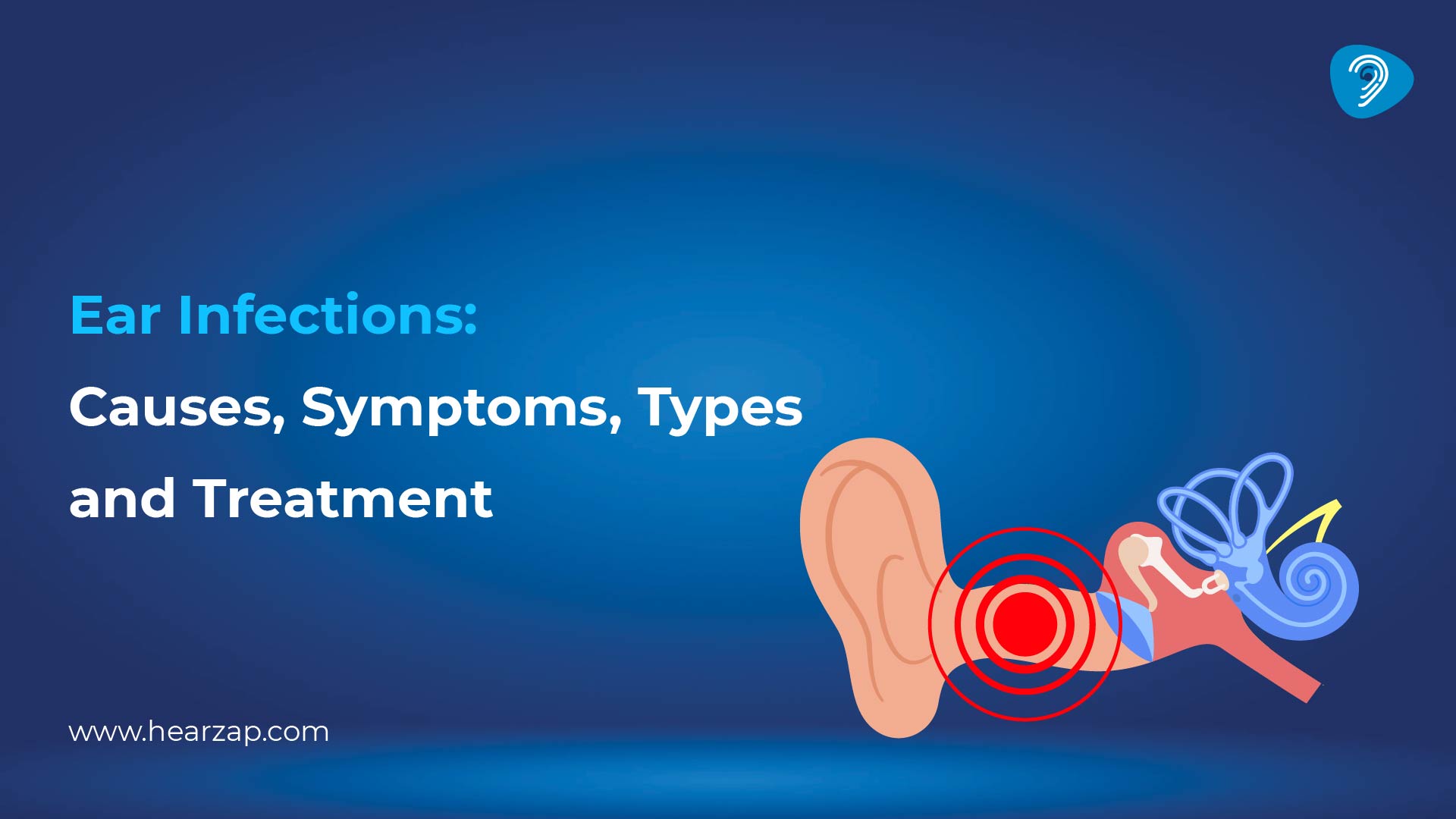
Ear Infections: Causes, Symptoms & Treatment
Are you feeling discomfort, constant pressure, or noticing pus draining from your ear? Or is your child pulling their ears? These are common signs of ear infection. Ear infections can have different symptoms depending on the type and can affect people in various ways. Let’s take a closer look at ear infections, including what causes ear infections, ear infection symptoms, and how to manage them.
What causes ear infections?
Ear infections are usually caused by bacteria or viruses. They often happen after a cold, flu, or allergies when fluid builds up in the ear and can't drain properly. This trapped fluid creates the perfect environment for germs to grow, leading to an infection. Understanding what causes ear infections can help in early prevention.
Signs of an ear infection
The signs of an ear infection can include:
- Ear pain or discomfort
- Trouble hearing clearly
- Fluid or pus draining from the ear
- A feeling of pressure or fullness in the ear
Symptoms of ear infection can vary, but the most common ones include ear pain or discomfort, a feeling of pressure or fullness inside the ear, and trouble hearing clearly. In some cases, you might notice fluid or pus draining from the ear, which is a clear sign of infection. These ear infection symptoms can change depending on the type and severity of the infection.
Ear infections in children
Ear infections are common in children and can happen because of colds, allergies, or other illnesses. Kids are more likely to get ear infections because their Eustachian tubes (which help drain fluids from the ear) are shorter and more horizontal.
Ear Infection Symptoms in Children
- Pulling their ear
- Being upset
- Trouble sleeping or waking up often at night
- Fluid or pus coming out of the ear
- Difficulty hearing or not responding to sounds
- A fever, usually over 100°F
- Having trouble eating
If your child has any of these ear infection symptoms, it’s a good idea to see an audiologist for proper ear infection treatment.
Outer Ear Infections Explained
An outer ear infection, also known as swimmer's ear, occurs when bacteria or fungi infect the outer ear canal. This usually happens when water gets trapped in the ear after swimming or if the skin inside the ear is irritated or scratched.
Outer Ear Infection Symptoms:
- Redness on the outer ear
- Itchiness
- Ear pain and congestion
- Yellow or yellow-green discharge
- Swollen ear or neck
- Hearing changes or loss
- Fever
Inner Ear Infections Explained
An inner ear infection affects the innermost part of the ear, which helps control balance and hearing. These infections are less common but can lead to dizziness, balance issues, and hearing changes.
Inner Ear Infection Symptoms:
- Dizziness or vertigo
- Nausea or vomiting
- Tinnitus (ringing in the ears)
- Hearing loss
- Feeling of fullness in the ear
- Trouble with balance
Middle Ear Infections Explained
A middle ear infection happens when the area behind the eardrum gets infected, often due to a cold or respiratory issue. It’s especially common in children but can affect adults as well.
Middle Ear Infection Symptoms:
- Ear pain, often sharp or stabbing
- Pressure or fullness in the ear
- Fluid or pus draining from the ear
- Hearing loss
- Fever
Possible Complications of an Ear Infection
The possible complications of an ear infection can include:
- Hearing loss
- Spread of infection to nearby tissues
- Balance issues
- Chronic or recurring infections
Complications from ear infections can occur if they are not treated properly. Hearing loss can be temporary or permanent, depending on the severity of the infection. The infection might spread, leading to more serious health problems. Balance issues may arise due to the role of the ear in maintaining equilibrium. Some individuals may experience chronic or recurring infections, which require more intensive management.
How Are Ear Infections Treated?
Ear infection treatment generally involves:
- Medications (antibiotics or antifungals)
- Ear drops
- Warm compresses
- Possibly surgical intervention
These ear infection treatment options help reduce pain, fight infection, and restore hearing health. In more severe cases, surgery might be necessary to drain fluid or address complications.
How Are Ear Infections Diagnosed?
Ear infections are diagnosed through:
- Physical examination with an otoscope
- Discussing symptoms and medical history
- Hearing tests
To diagnose an ear infection, an audiologist will conduct a physical exam using an otoscope to view the ear canal. They will ask about symptoms of ear infection and perform hearing tests if necessary.
How Can You Prevent Ear Infections?
Preventing ear infections can involve:
- Keeping ears dry
- Regular hand washing
- Avoiding touching ears
- Staying away from allergens and irritants
- Keeping up with vaccinations
Preventive care is key to avoiding ear infection symptoms from developing or worsening.
When Should You See an Audiologist?
You should see an audiologist if:
- Symptoms last longer than a few days
- You experience severe pain
- There’s significant hearing loss
- You have a high fever
It's important to seek care for ear infections early, especially for children or those with recurring symptoms. An audiologist can provide a full hearing checkup and guide you through effective ear infection treatment.
Related Blogs
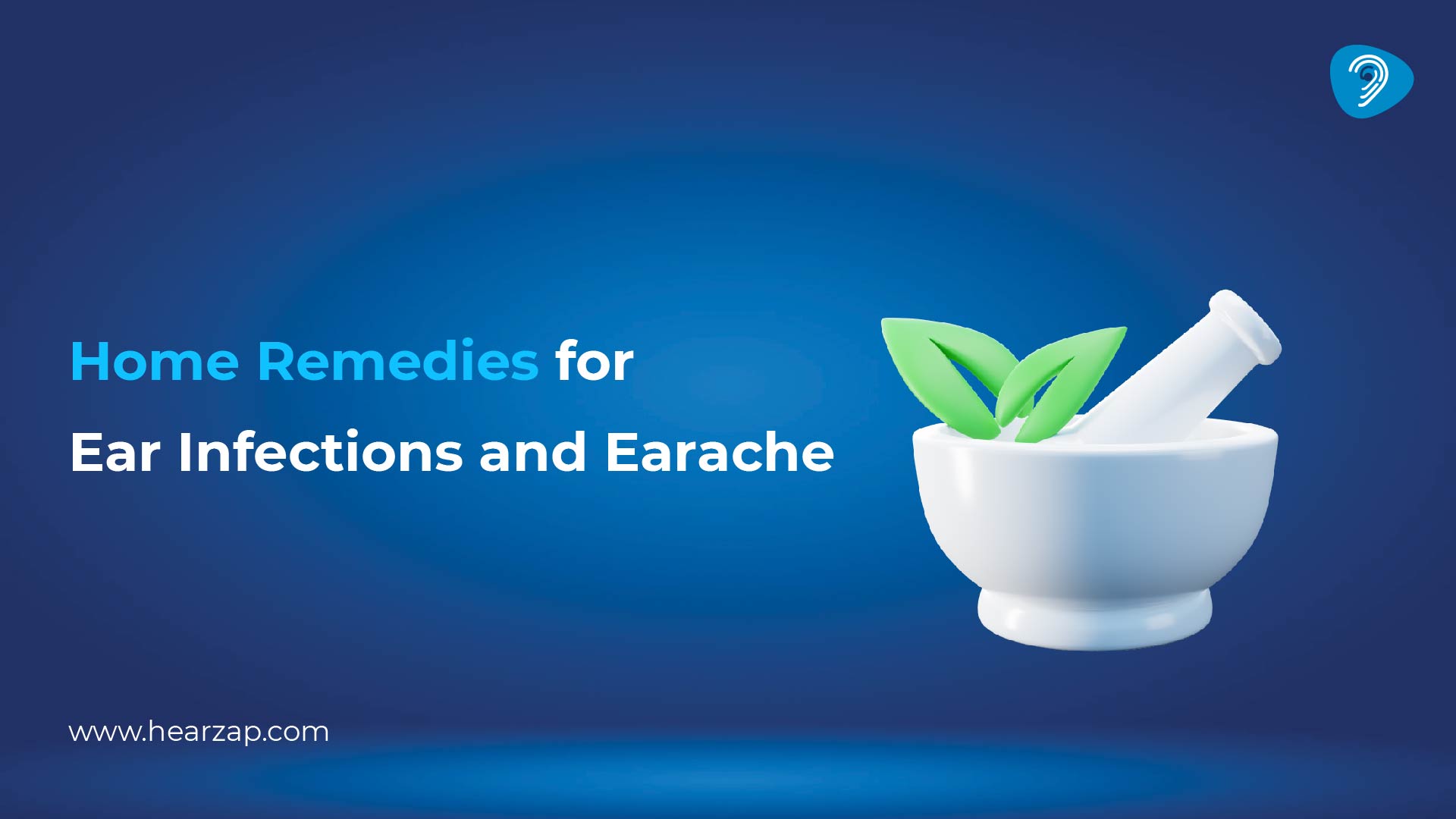
8 Home Remedies For Ear Infections And Earaches
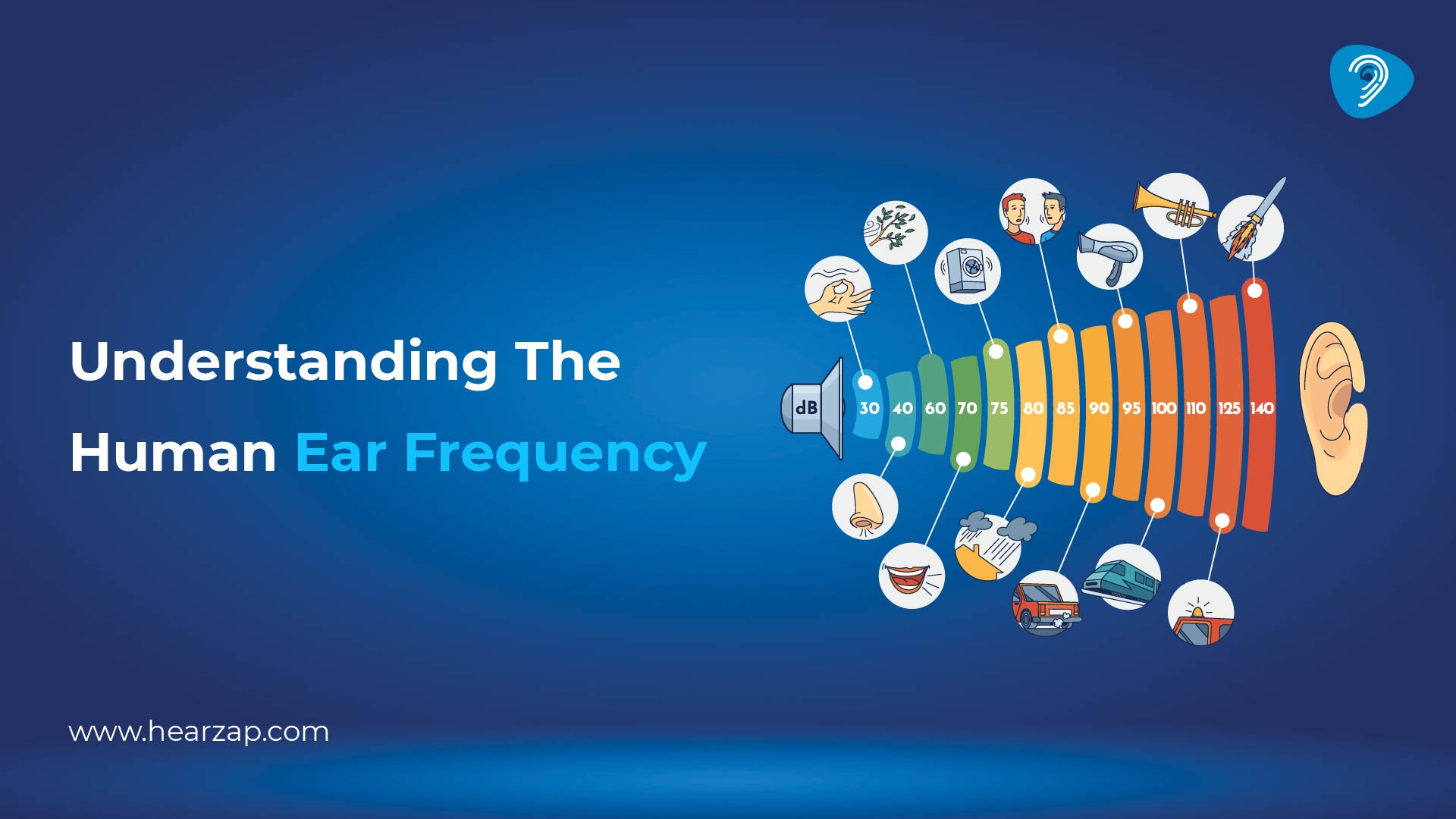
Human Ear Frequency: Understanding Hearing Range
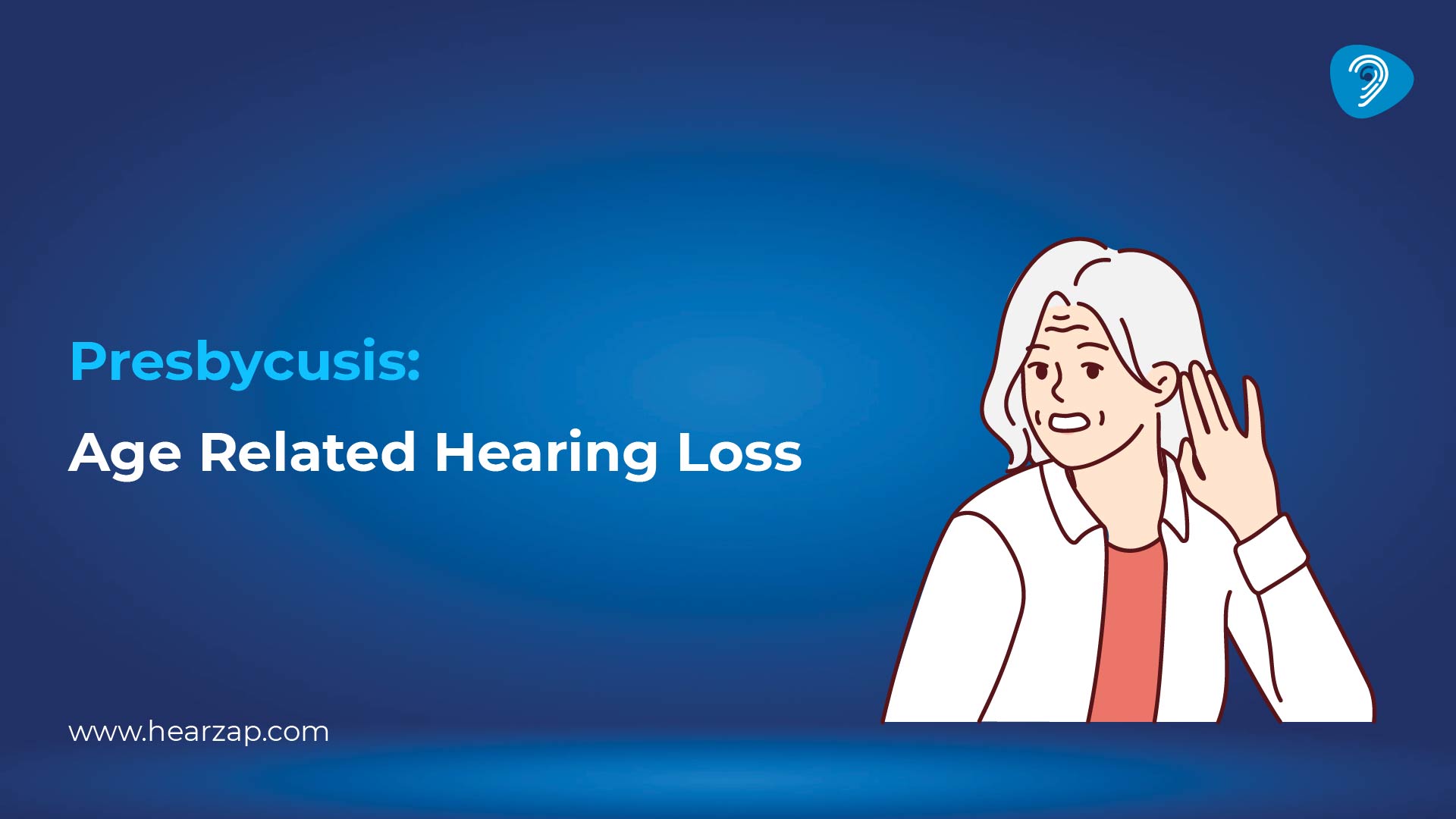
Presbycusis (Age-Related Hearing Loss)
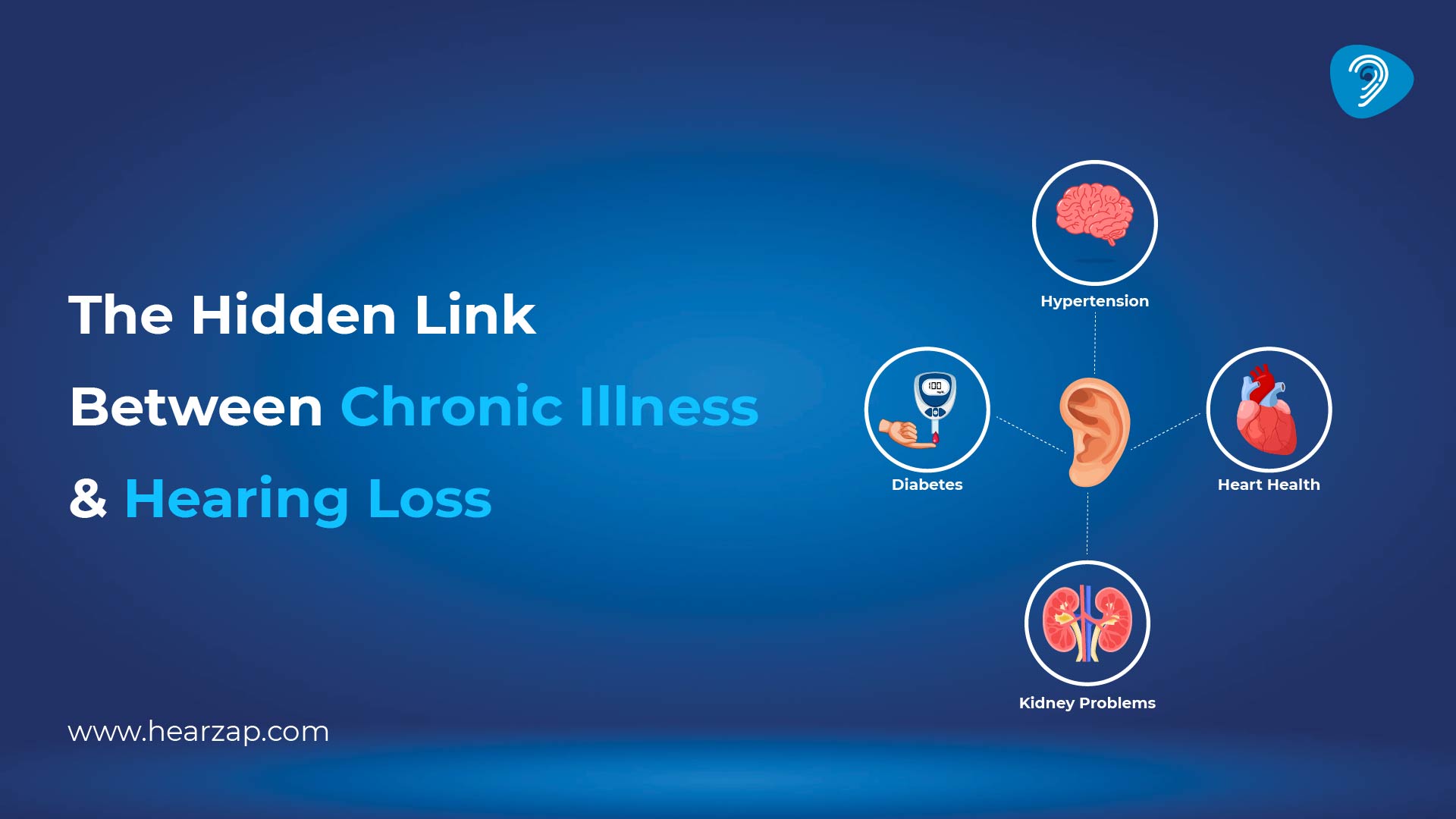
Link Between Chronic Illness and Hearing Loss
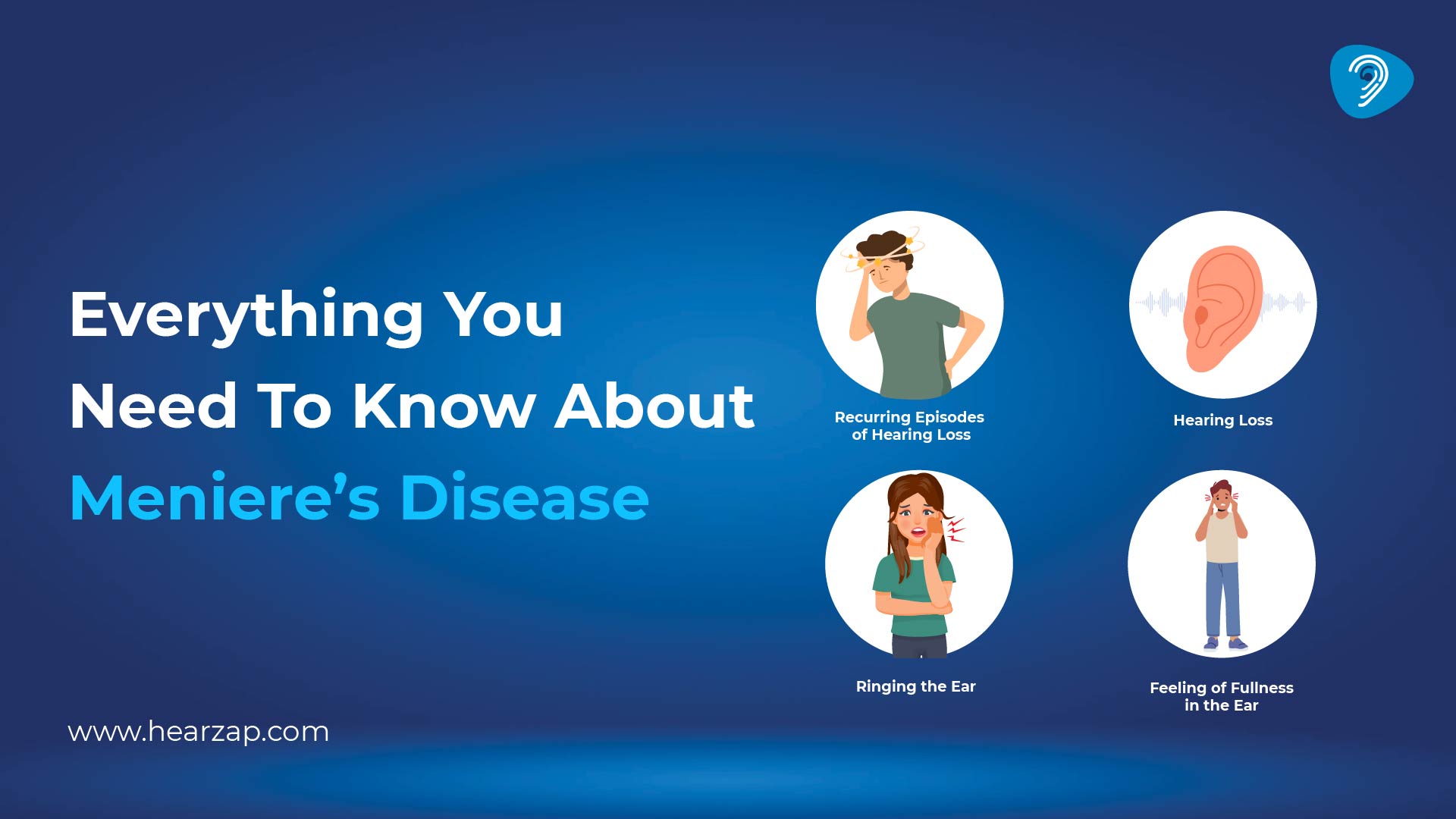
Meniere's Disease: Symptoms, Causes & Treatment
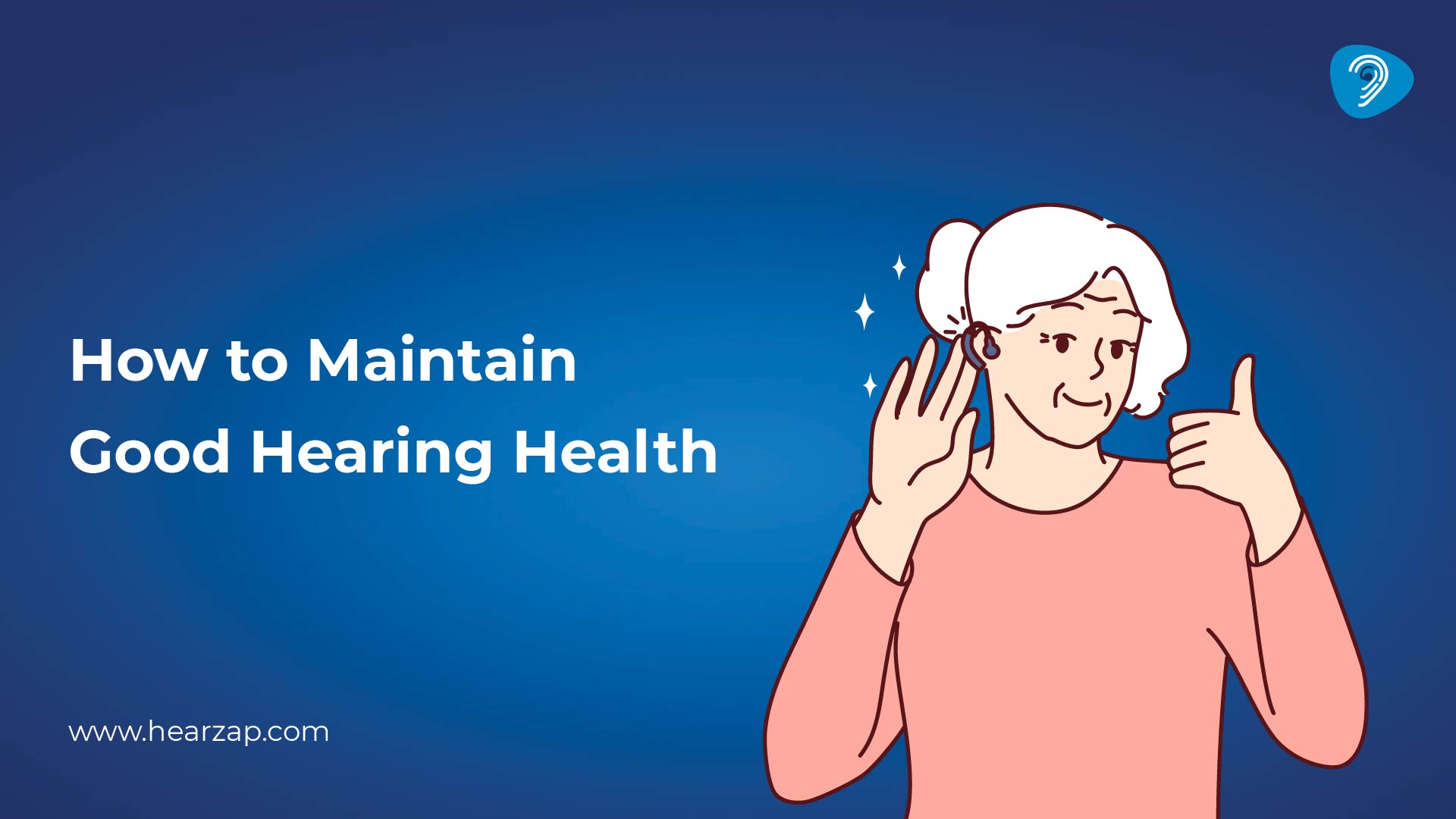
How to Maintain Good Hearing Health
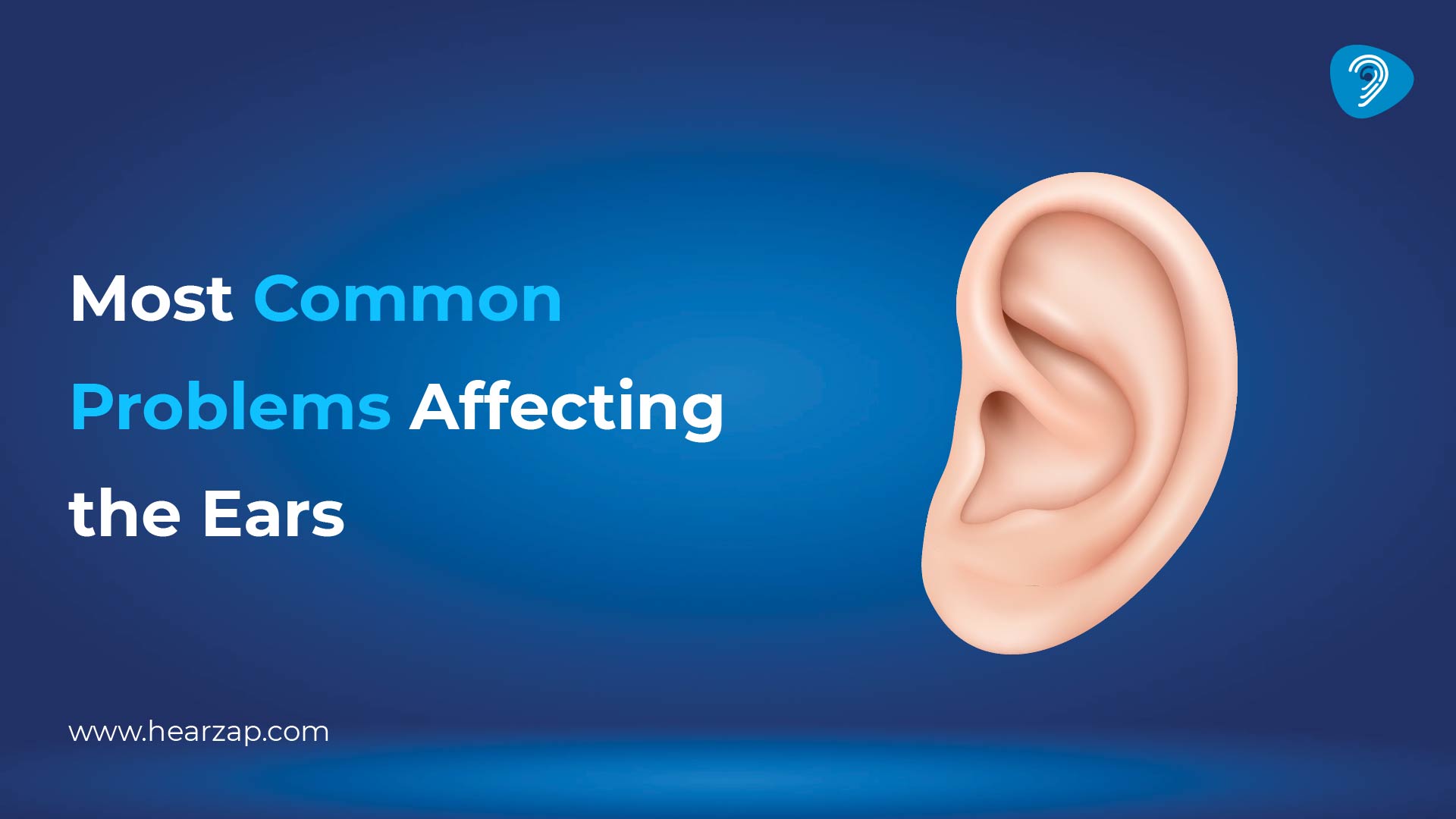
7 Common Problems Affecting the Ears
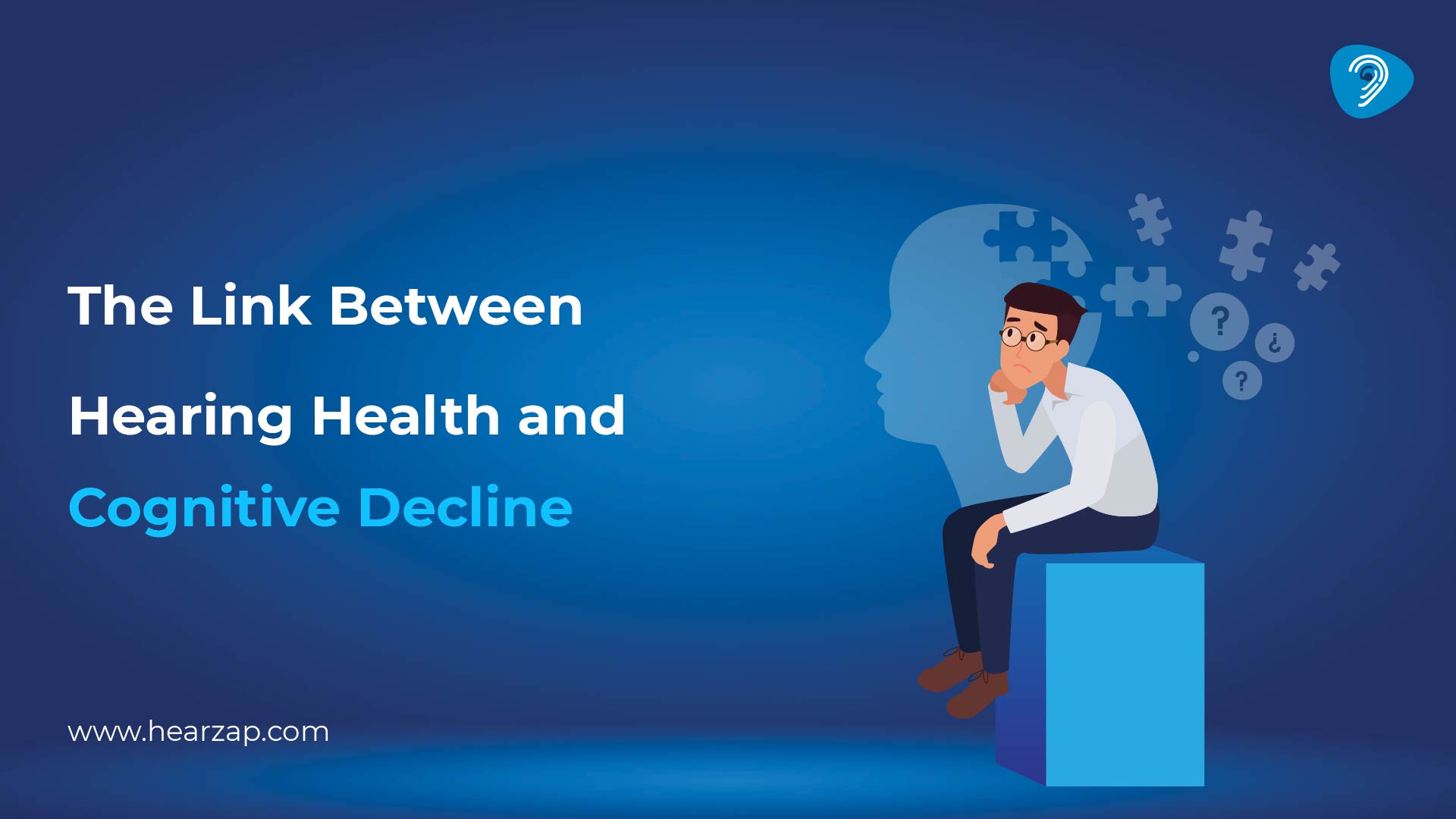
Hearing Health & Cognitive Decline: The Connection
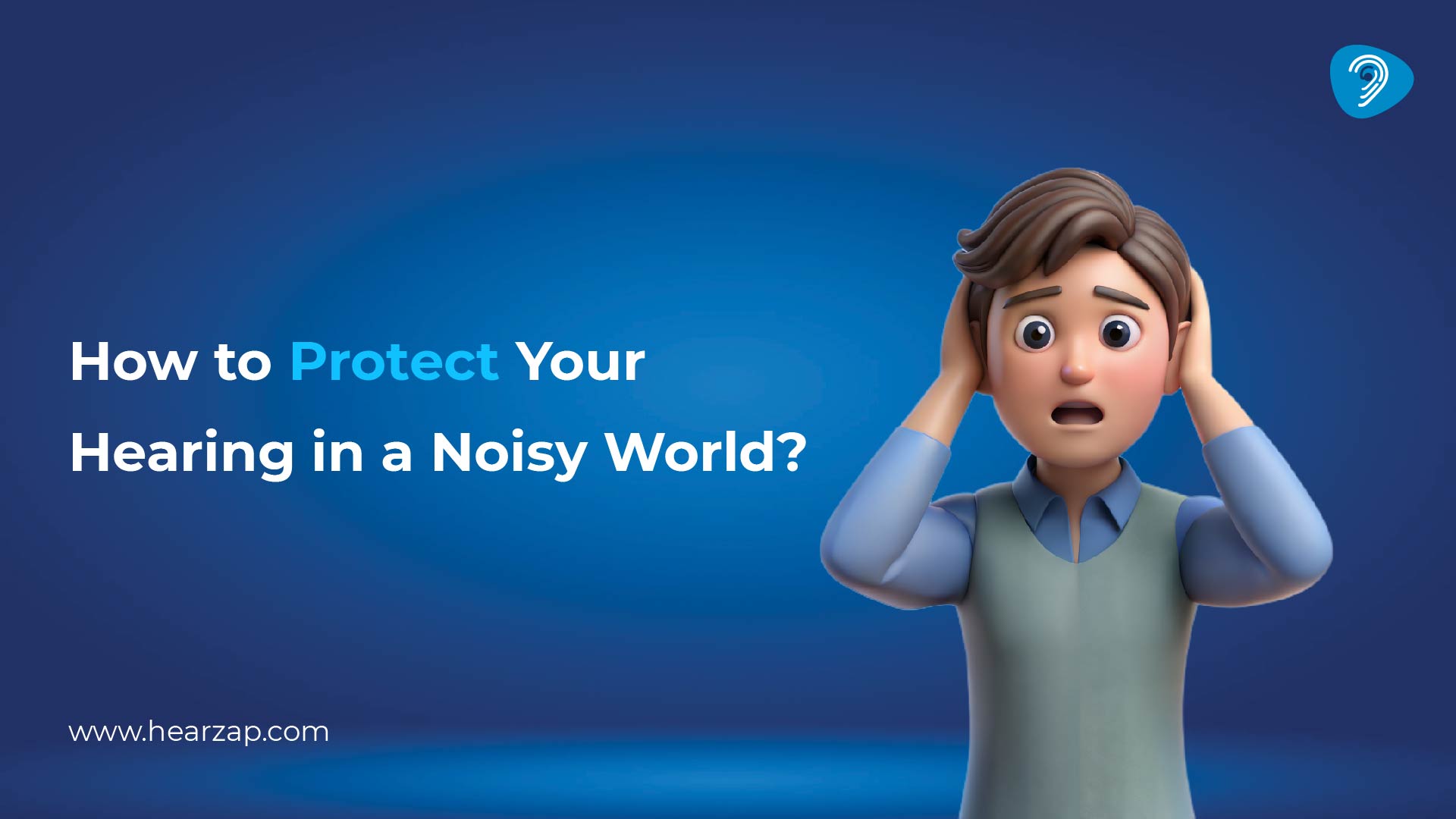
How to Protect Your Hearing in a Noisy World

What Are Ear Wax Guards?

Tinnitus: Everything You Need to Know
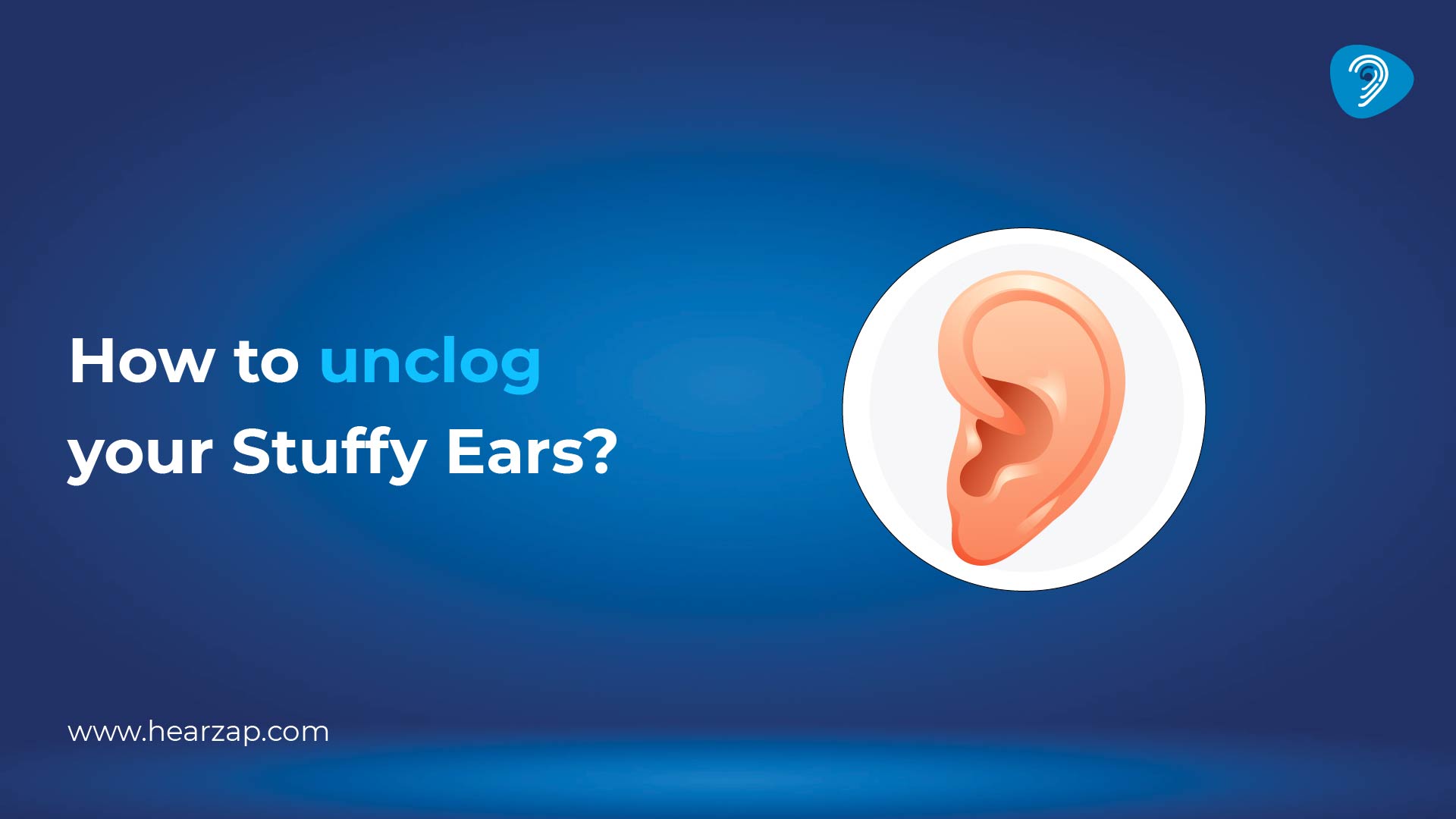
How to Unclog Your Ears: Simple and Effective Tips
Contact us
We are here for all your hearing needs, from hearing tests to hearing aids. Fill out the form below, and we will give you a call soon.
Please enter a valid mobile number with 10 digits.
Recent Blogs
By None | Jan. 6, 2026
By None | Jan. 5, 2026
By None | Jan. 2, 2026
By None | Dec. 31, 2025
By None | Dec. 30, 2025









